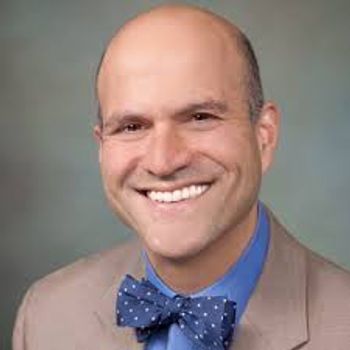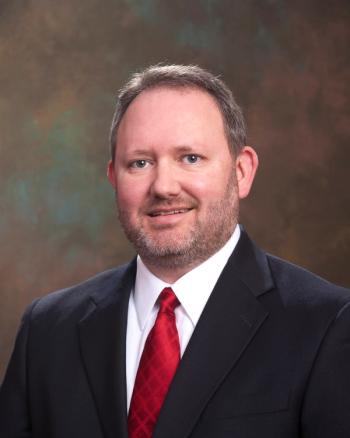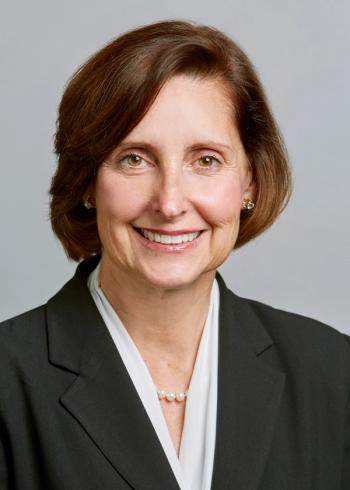
For independent practices worried the future means merging or an acquisition, collaboration may be the key to survival.

For independent practices worried the future means merging or an acquisition, collaboration may be the key to survival.

Once considered elitist, direct primary care practices are gaining ground with physicians and patients alike.

Before your practice enacts major changes to its physician compensation, take it slow and get everyone on board early, experts say.

The final MACRA rule was released a few weeks ago. Not surprisingly, MGMA16 plans to provide attendees a lot of information on the subject.

Independent practices are facing an abundance of challenges from external factors. One consultant is looking to help them through case-study learning.

If you are attending this year’s Medical Group Management Association conference in San Francisco, here are nine things to put on your agenda.

The decisions your practice makes and the steps it takes toward value-based care today will have a big impact tomorrow. Here's what you need to know.

You likely have a patient portal to meet meaningful use, but here's how to put it into practice to really help your practice staff and your patients.

To create change within an organization, practices must change physician compensation plans. Here’s a guide on how to do that.

Non-physician providers, if used properly, can add value to a practice's patient care as well as the bottom line.

New healthcare models rely heavily on teams. But how do you work together if you can't communicate effectively? Here's how.

While the latest rule clarification for CMS on the use of EHRs answers some questions for physicians, there are plenty remaining.

By bucking the traditional system, Iora Health is providing a new approach to primary care.

Independent practices can succeed in risk-based contracting. It’s just a matter of understanding why, how, and what, according to Farzad Mostashari.

Whether staff, patients, or even your physicians, millennials possess a unique set of characteristics. Here's what you need to know to reach them.

One medical group successfully transitioned from volume to value-based care using a complete analytics offering to track performance metrics.

The early returns on ICD-10 from payers and a clearinghouse have been positive. Yet, no one is ready to pop the champagne and celebrate quite yet.

An organization of surgical outpatient centers recently implemented a strategy around patient-centered care, with a good deal of success.

Major developments on ICD-10 and meaningful use are just the latest news out of Washington, D.C., affecting physicians and practices.

Teams of medical specialists working toward a clear patient-stated goal, while being reimbursed for value, is the direction healthcare needs to go.

Can't make it to MGMA15? Want more news and information while you are in Nashville? In either case, these are the accounts to follow on Twitter.

Medical practices shouldn't be afraid to innovate in order to take advantage of the opportunities created by the Affordable Care Act.

Healthcare continues to evolve, so in order for small medical practices to survive, physician owners and administrators need to embrace new roles.

Marni James of the Association of Independent Doctors explains how physician practices can remain independent in today’s environment.

Practices are going to have to accept pricing transparency experts say, otherwise they'll get left behind as consumers push this trend forward.

The advent of team-based healthcare means a more coordinated approach to seeing patients. It also means different staffing roles and ratios.

Independent practices likely have a lot of questions about the looming value-based environment. Here's helpful insight and guidance from two experts.

Changes to physician compensation are looming, so now is the time for small practices to start focusing on value. Here's how.

Practices can no longer afford to be remiss about collecting outstanding patient balances, as high-deductible health plans are forcing patients to pay more.

Developing better patient collections processes depends not just on good staff policies and training, but the newest in HIPAA-compliant technology.